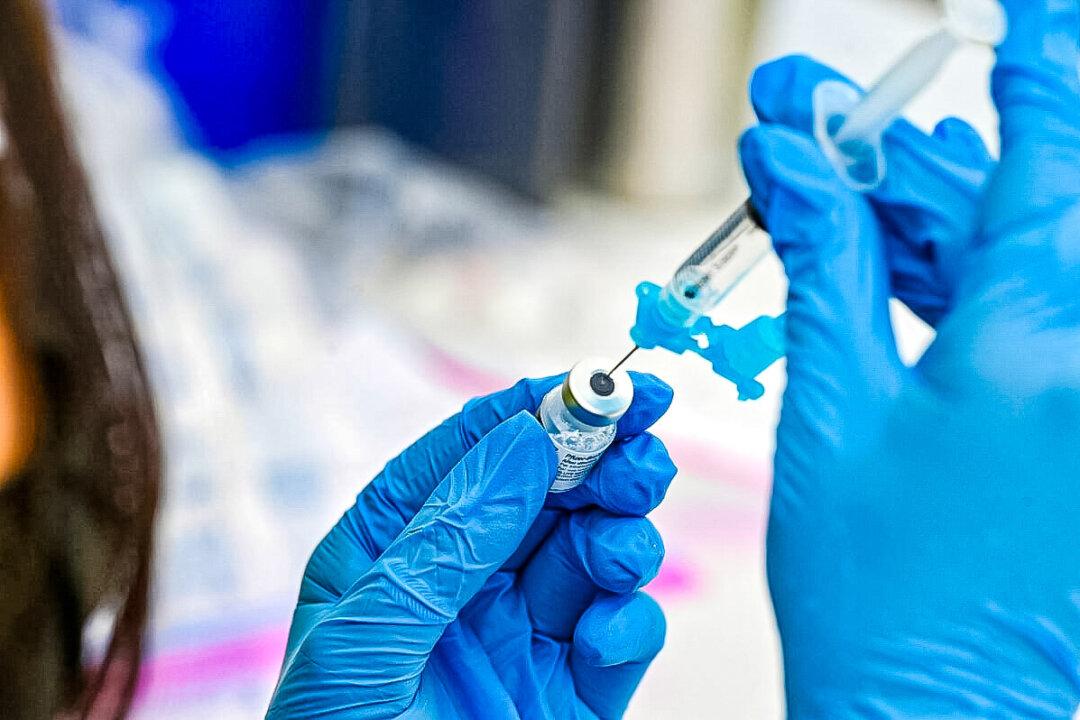The continued fallout from the COVID-19 vaccines’ introduction has raised questions about the effectiveness of the United States’ existing vaccine injury reporting and compensation systems.
On Feb. 15, a panel of the House Oversight and Accountability Committee will hold a hearing to examine those systems and how they might be improved for future victims. Witnesses will include officials at the U.S. Food and Drug Administration (FDA), the Centers for Disease Control and Prevention (CDC), and the Health Resources and Services Administration (HRSA).





